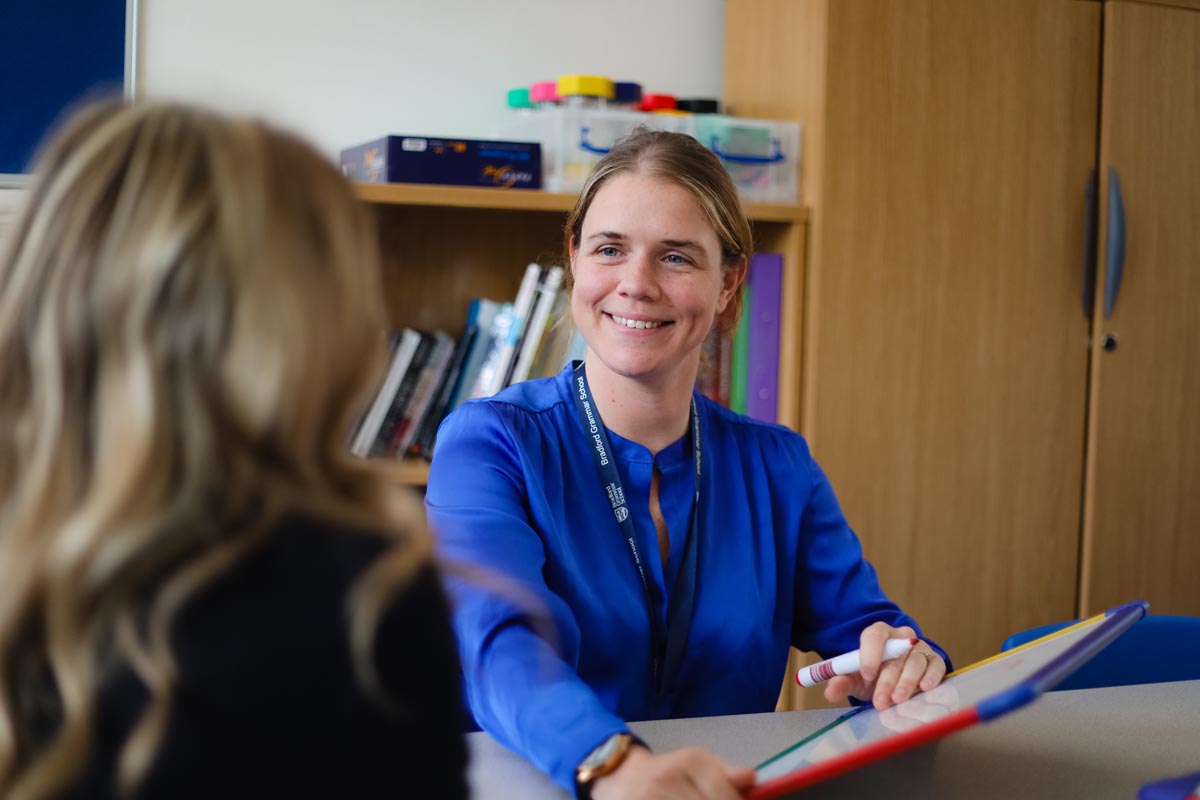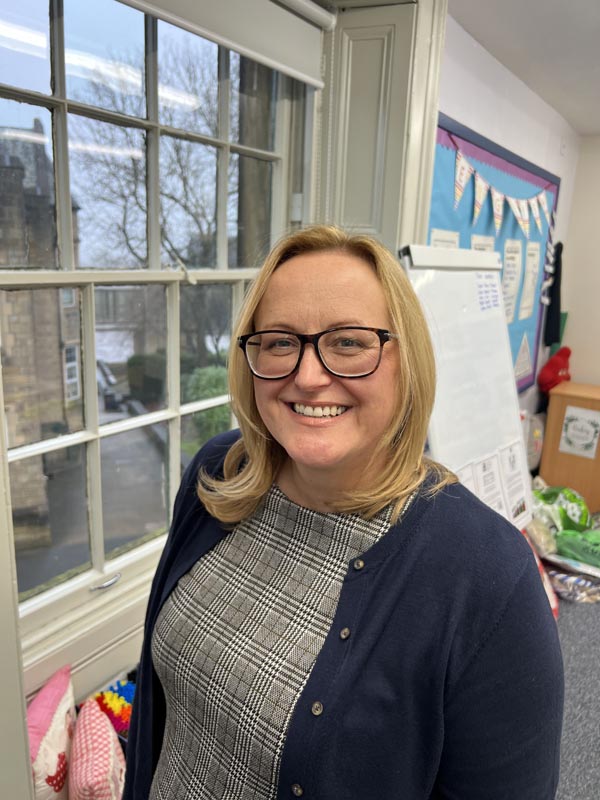The Special Educational Needs and Disabilities (SEND) team at Bradford Grammar’s Senior and Junior Schools support a myriad of neurodiverse individuals. The secret to them thriving, says their support team, is to ensure they harness their personal superpowers.
It can be a worry to think your child may have special educational needs as they head off to school. How will they cope in the classroom? Will they make friends easily? Will they be picked on for being different?
According to Laura Johnson, Head of Learning Strategies and Special Education Needs and Disabilities Coordinator (SENDCo) at Bradford Grammar School (BGS), a key element of supporting children is to help them understand how their neurodiversity can be a strength.
“There are some children in the Senior School who get worried by a diagnosis, but we go through with them why it can be a good thing,” says Laura, who has a masters in psychology.
“It’s important children and parents see traits, such as those with autism or ADHD, as superpowers rather than a hindrance. It’s not a deficit or a disorder. Our phrasing is positive, so if someone has dyslexia they’re often great visual thinkers and have good social skills. They’re also big picture thinkers and can be really goal directed.
“Someone with autism can be great at pattern recognition and is often very inclusive in nature. A weakness of not picking up on social cues may be a strength of being inclusive in nature and not prejudging others. Neurodiversity can often come with a different way of thinking and a novel approach to solving problems.”
With an estimated 20 per cent of the population classed as neurodivergent, the right learning support is crucial from an early age. At Bradford Grammar Junior School, work starts as early as possible to ensure children with special needs are welcomed and settled into school.
Ann Buckley, the Junior School’s Learning Support Coordinator, says: “Before the children even come to our school, I find out all about them from their previous school. I’ll talk to parents and they’ll send on any information they have, such as a learning support plan.
“Say if we have a child with autism spectrum condition, coming into a new school with big, colourful displays can cause a huge sensory overload and be a major cause of stress, so I’ll talk with the parents and the children about what to expect.
“By the time they come to school, I’ll have created a learning support plan for them so I know everything is in place. It might be they need noise cancelling headphones or a fidget toy and they will already be there in the classroom for them when they come.
“We make sure it feels as comfortable an environment as possible because we want them to succeed. We adapt to their normal way of working and make reasonable adjustments.”
Special educational needs can range from ADHD and anxiety to partial deafness and dyslexia. As well as working with families, BGS focuses on staff training – Laura recently led some training entitled: ‘Neurodivergence – a strengths-based approach’.
Ann says training other pupils on how to be aware of, and accept, differences, as she has done at the Junior School, is also a good way to foster a supportive environment.
“I’ve had parents say to me that their children had no friends before, that they were not accepted and they were bullied,” she says. “I can genuinely say that that would not be happening here. The children in our school are very accepting of differences and pupils with individual needs can thrive here.”
To find out more about Bradford Grammar School’s SEND provision, view our Learning Strategies and SEND booklet or register for an upcoming open event at bradfordgrammar.com/signup.
“The children in our school are very accepting of differences and pupils with individual needs can thrive here.”

